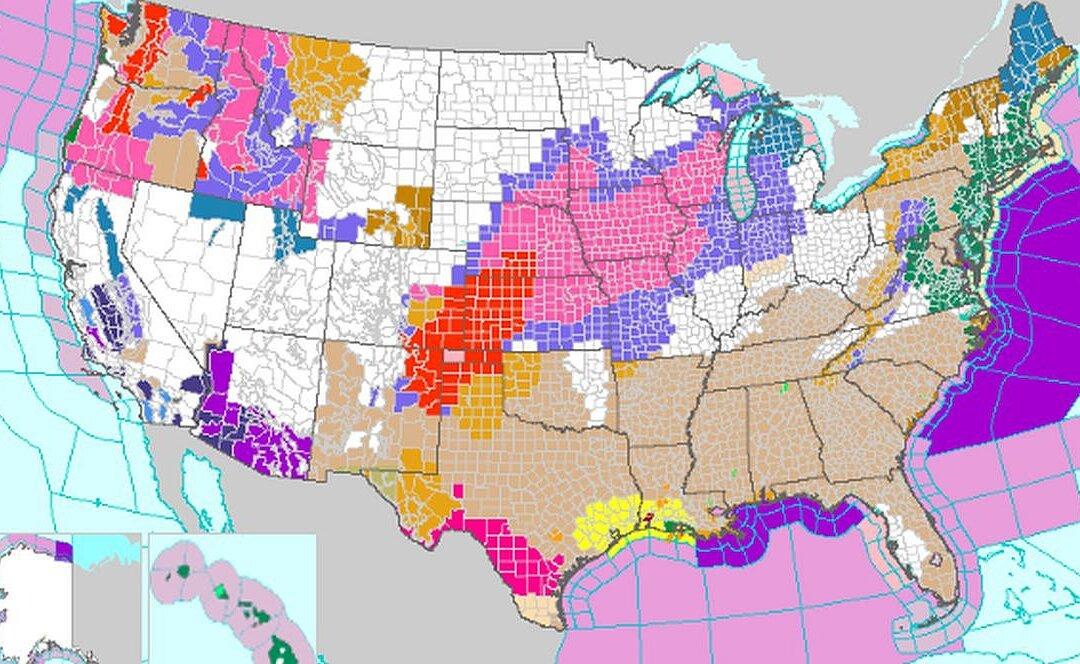Forty-nine U.S. states were under various weather alerts as a strong winter storm moves quickly throughout the country, coming after a winter storm brought significant snowfall across parts of the East Coast over the weekend.
“Significant winter storms will track across the Lower 48 through this week,” the National Weather Service said in a bulletin issued on Jan. 8.





